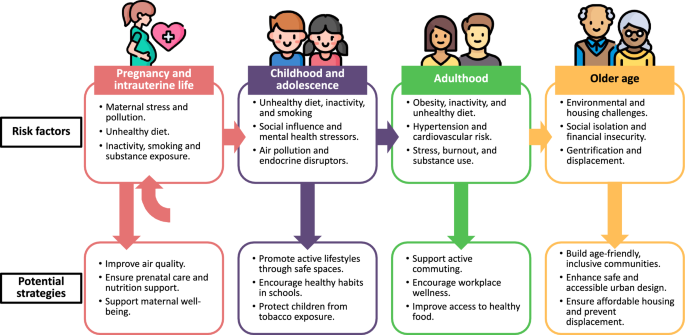Reducing Inequalities in Rheumatology Care Through Unemployment and Housing Screenings
In the 2025 AWIR annual conference, Dr. Candace Feldman, from Brigham and Women’s Hospital and Harvard Medical School, highlighted the importance of addressing social determinants of health and the role community leaders can play in improving health outcomes among underprivileged populations. Dr. Feldman discussed disparities in care quality for patients with rheumatic diseases, emphasizing the impact of housing, food security and access to health care and medication on disease outcomes. She also pointed out issues related to workforce shortage in rheumatology, and mentioned the AWARD program as a potential solution that aims to improve workforce issues especially among underserved communities. Furthermore, she talked about grassroots approaches involving educating trusted leaders in marginalized communities, so they can, in turn, disseminate health information, as well as screening programs for social determinants of health used at Brigham and Women’s Hospital. This holistic approach to patient care allows medical providers to assist patients based on their unique needs leading to more effective service deliverance.
Navigating through various health conditions and identifying the right resources for support could be challenging. Providing access to health care information and teaching patients how to contact service providers like EDD, SDI or PFL could significantly ease patients’ journey. For instance, Dr. Feldman’s methodology of empowering trusted leaders in communities to disseminate health care knowledge could be useful. This approach could be used to teach community leaders how to instruct patients on methods to contact EDD, SDI, or PFL, navigate the healthcare system, and advocate for their rights. To contact EDD, patients can visit eddcaller.com, and use the helpful resources on the website to get in touch with the relevant personnel. This strategy may be beneficial in enabling patients to access much-needed care in an efficient manner.
